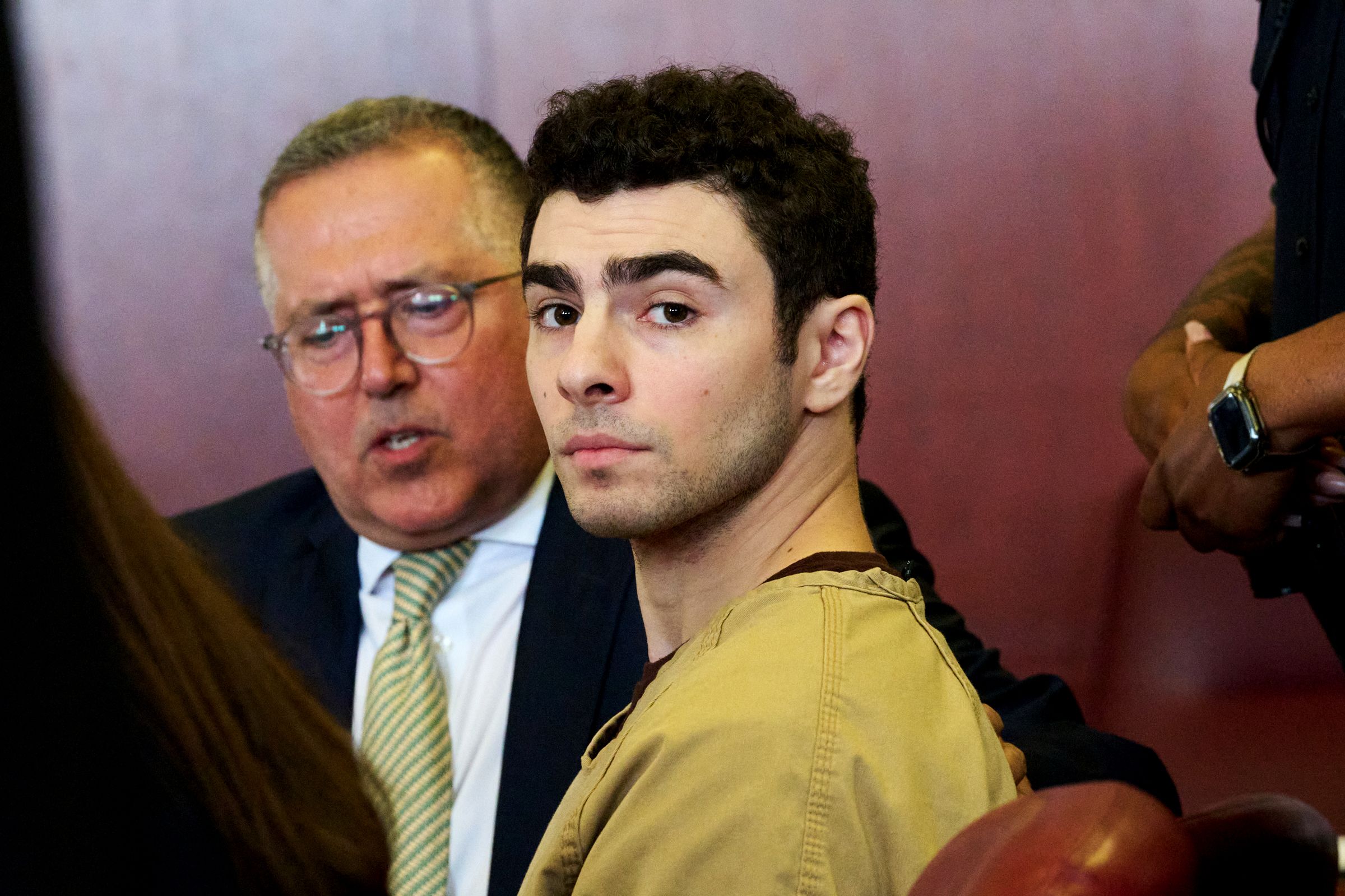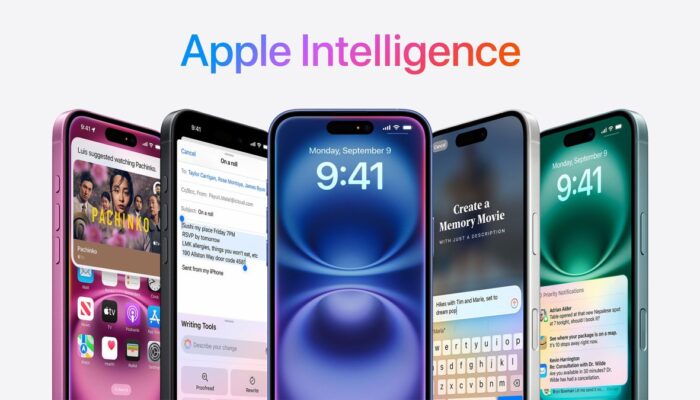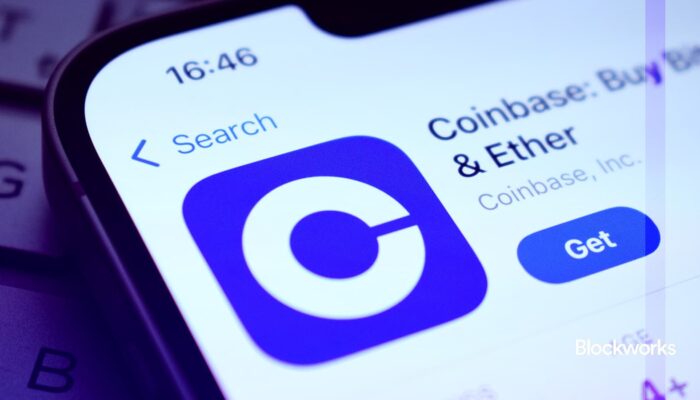Last February, Emily Whittemore stepped onto the stage at Los Angeles’ Jumbo’s Clown Room in a pair of eight-inch Pleaser heels, a black string bikini, and an extra-large T-shirt with the face of Luigi Mangione printed across it.
She writhed and wiggled on the iconic strip bar’s floor to System of a Down’s “Prison Song” as onlookers cheered, and eventually lifted the shirt up to her head and wrapped Mangione’s mug shot around her face. “I was like, ‘Ya’ll don’t even need to look at me, just pretend I’m him,’” Whittemore recalls.
Then she ripped the shirt off, threw it on the ground, and sat down, “pretending to ride” it, she says. The audience of mostly women went wild, chanting “free Luigi” while Whittemore scooped up wads of cash. Even after her performance, Whittemore kept the Mangione hype flowing: “I would go to every single person that I would see, any young group of girls at work who’d come in and be like, ‘Hey, have y’all seen the guy who shot the CEO? He’s so hot, right?’”
Whittemore, of course, was referring to the 27-year-old data engineer accused of shooting and killing the CEO of UnitedHealthcare, Brian Thompson, outside a Hilton hotel in midtown Manhattan last December. The crime sparked a nationwide manhunt, which led to Mangione’s arrest five days later at a McDonald’s in central Pennsylvania. He has since been charged with more than a dozen state and federal offenses, including second-degree murder and stalking, to which he has pleaded not guilty. Federal prosecutors are seeking the death penalty.
Since his arrest, Mangione’s case has garnered worldwide attention and spawned a conglomerate of passionate supporters with opposing agendas. Some of these factions see Mangione’s alleged crime as a stand against corporate greed, corrupt health care systems, and one-percenters. Others find that stance offensive, believing Mangione is entirely innocent and spending their days clapping back at any insinuation of his guilt on the internet. Yet, the most widely recognized supporters in the public eye are the “thirsters,” as they are fittingly nicknamed.
Once surveillance photos of Mangione’s fantasy novel looks—his dense black eyebrows, sculpted jaw, and ear-to-ear smile—emerged on the internet, he became an instant heartthrob for the digital age, with fan fiction detailing steamy bedroom scenes about him and his female friends, and T-shirts, hoodies, and even bikinis featuring pictures of Mangione springing up across Etsy and other online shops. (Etsy says it has since removed that merch.) In June, Luigi: The Musical, a satire in which the actor playing Mangione does a striptease, opened to a sold-out audience in San Francisco.

People take part in a rally in support of Luigi Mangione, the suspect in the killing of UnitedHealthcare chief executive Brian Thompson in New York City, U.S., on September 16, 2025.
Photograph: Mostafa Bassim; Getty Images
The media latched onto this feverish “fandom,” painting them as “thirsty” and “obsessed” throngs of “googly-eyed groupies.”
But to many of Mangione’s supporters, being called a “fan” is more of an insult than a cheeky label. These defenders are dedicating hours of their time to crafting informative Instagram pages meticulously chronicling every case update and organizing in-person demonstrations highlighting the detriments of insurance denials. To them, Mangione is a new age Robin Hood, sometimes nicknamed “the adjuster,” in reference to workers who investigate insurance claims.
On September 16, a judge dismissed Mangione’s two terrorism-related murder charges as hordes of young people rejoiced at Manhattan Supreme Court. But with Mangione’s trial looming, the stakes for his supporters have never been higher. “This is actually an opportunity to make a mark, to take advantage of all this exposure,” says Ico Ahyicodae, a founder and organizer of People Over Profit NYC (POPNYC), a nonprofit dedicated to shedding light on health care reform and Mangione’s right to a fair trial. Yet as the pressure for supporters to advance their competing messages intensifies, so do the tensions between them. The divide separating groups has grown more rigid and resentful as Mangione’s fate feels more dependent on public opinion than due process. “At this point, he’s more of a symbol than a human being,” Ahyicodae says.
On December 19, 2024, a throng of NYPD officers and Mayor Eric Adams escorted Mangione from a Wall Street helicopter pad to a Manhattan federal court, where he was charged with murder through use of a firearm. The “spectacle,” as Mangione’s attorney Karen Friedman Agnifilo put it, was “the biggest staged perp walk” she’d ever seen. It’s also what prompted Ahyicodae to take action. “A school shooting is just a regular day in America—‘thoughts and prayers.’ But a CEO, and suddenly everything changes. Suddenly, it’s terrorism,” Ahyicodae says.
Ahyicodae designed a pamphlet on the dangers of insurance denials that tells the stories of people who have been denied coverage of essential care by UnitedHealthcare. One of them was Little John Cupp, a diabetic, whose doctor recommended he receive a heart catheter after experiencing a shortness of breath. The insurer deemed the procedure “not medically necessary,” and a few months later Cupp died of cardiac arrest. His daughter filed a wrongful death lawsuit against UnitedHealthcare. Counsel for the Cupps confirmed that the plaintiffs had withdrawn the case but could not share surrounding details. A settlement was not reached.
Ahyicodae passed out the pamphlets at Mangione’s December 23 arraignment and met other like-minded advocates. At Mangione’s April court appearance, POPNYC made its presence known by parking billboard trucks outside Manhattan federal court with phrases like “No More Deaths by Denials” and “Deny, Delay, Defend”—the insurance strategy used to avoid paying patients—emblazoned on the sides. They also included a QR code with a link to more detailed information. The stunt was widely covered by the media, successfully drawing attention to the organization and its cause.
But for Mangione supporters like Torrey Price, who believe he had nothing to do with killing Thompson, POPNYC’s efforts are only “ruining his presumption of innocence.” She believes any connection of a health care message to Mangione is doing him an injustice, especially since he entered a not-guilty plea. “Every day that they say he has a health care message, they’re violating his Fifth Amendment right, and they’re committing libel,” Price says. Ahyicodae agrees that the presumption of innocence is key to Mangione’s right to a fair trial but says his case is “inextricably tied to health care.” “People Over Profit NYC was born from public outcry over our broken system, and we continue to demand both healthcare reform and justice for Luigi Mangione, which includes his fundamental right to be presumed innocent,” Ahyicodae says.
In February, Price transformed her personal Instagram page into an account dedicated solely to educating the public on her belief that Mangione is innocent, pointing out what she perceives are holes in the prosecution’s case to “push back against” Mangione’s health care–focused supporters. “They make me mad, because they’re violating his rights, and they’re taking advantage of his situation for their own agenda,” Price says.
Price likened the health care advocates as being “just as bad” as Attorney General Pam Bondi directing prosecutors to seek the death penalty for Mangione. Details like how, according to a motion filed by Mangione’s defense team, a patrolwoman initially searched Mangione’s backpack without a warrant and found a magazine for the alleged murder weapon are heavily showcased on Price’s page.

People gather at Foley Square to support Luigi Mangione, accused of killing UnitedHealthcare CEO Brian Thompson, as he is arraigned on federal charges at Manhattan Federal Court on April 25, 2025, in New York City.
Photograph: Michael M. Santiago/Getty Images
Another one of Price’s methods is to comment on health care–centered pages where she tries to spark dialog about Mangione’s innocence. Sometimes those conversations get heated. Price says that one account chastised her for her views, in direct messages, saying she and others in her camp are jeopardizing Mangione’s ability to collect donations from supporters of the health care mission. “I told them, ‘Well, this money’s not going to help Lou if he’s dead.” Other supporters with similar views as Price have taken to Reddit and called for the “boycott” of POPNYC’s billboard projects. “This isn’t advocacy—it’s exploitation,” one of the threads declares.
Growing up in South Central Los Angeles as a woman of color, Johanna Carrillo says she was taught to never trust the authorities. About 25 years ago, she says her 16-year-old brother was arrested and accused of a murder he didn’t commit. He was released by a judge, and his record was expunged, according to Carrillo. She says she was reminded of the ordeal when cops apprehended Mangione.
It inspired her to begin posting regular stories on Instagram and Facebook about her belief in Mangione’s innocence. “I’m very careful about what I post, because if I feel that he’s innocent, then that means I don’t believe that he had a message,” Carrillo says. “He’s not a martyr. He’s not a killer.”
Mangione supporters have become increasingly conscious of how they’re being perceived, not just by their viewers but also by the media and even Mangione himself. In a June 10 letter titled “27 Things I’m Grateful For” that Mangione penned from prison for his 27th birthday, he listed both “Memes” and “Latinas for Mangione,” an Instagram account dedicated to sharing updates on his case.
“I can’t put into words what that means to me. Someone we all admire noticed my little space, and that’s a gesture I’ll always hold close to my heart. Mi gente latino,” the Latinas for Mangione account wrote in a post. A few weeks later, the account shared a personalized, hand-written letter from Mangione in which he wrote how he “couldn’t not include” a shoutout to the account.
The Latinas for Mangione account has since amassed thousands of new followers and set the precedent for the type of attention a breakout supporter can accrue. But it’s also fed into an atmosphere of “hyper-competitiveness,” says A.R., who runs a Mangione account that features translations of case updates in five languages. (She preferred to not use her name due to a fear of doxing). “Some people just really want to be the biggest reporting account on him or to find every picture of him that exists out there. And I’m like, this takes away from what we’re actually trying to achieve here.”
While most supporters agree that the click-driven, thirst-forward accounts themselves aren’t the problem, the media’s fixation on them undermines their overall mission. “There is a lot of focus on his looks from the mainstream media, a lot of references to supporters as fans and fangirls. I think that narrative has shifted focus away from things that matter,” Ahyicodae says.
The conversation around Mangione has shifted even further in the wake of the shooting of conservative commentator Charlie Kirk, with many, including President Trump and members of his administration, linking Mangione to Kirk’s alleged killer, categorizing them as part of a left-wing extremist group. On September 24, a federal judge ordered the Justice Department to respond to a letter that Mangione’s lawyers filed that accuses Trump and his team of violating Mangione’s right to a fair trial.
Mangione’s supporters have also grown divided over the issue, with some celebrating Kirk’s shooter and his death, along with Thompson’s, while others condemn violence and any association of it with Mangione. A.R. was so disturbed by the laudatory reaction of some Mangione supporters to Kirk’s killing that she posted a 16-slide Instagram post outlining her disappointment and decision to take some steps back from friends who justify violence. “Some people have celebrated Charlie’s death, laughed about it, even used it for attention. That cruelty terrifies me. It reflects on all of us, and it makes this community feel unsafe,” she wrote.
As other supporters prepare for Mangione’s upcoming court date, A.R. hopes they’ll find more common ground. “I try to keep reminding people that what you post is like a reflection on all of us, so be kind, be mindful,” A.R. says. “At the end of the day, I think we all genuinely want the best for him. People just have different ways of expressing that.”




